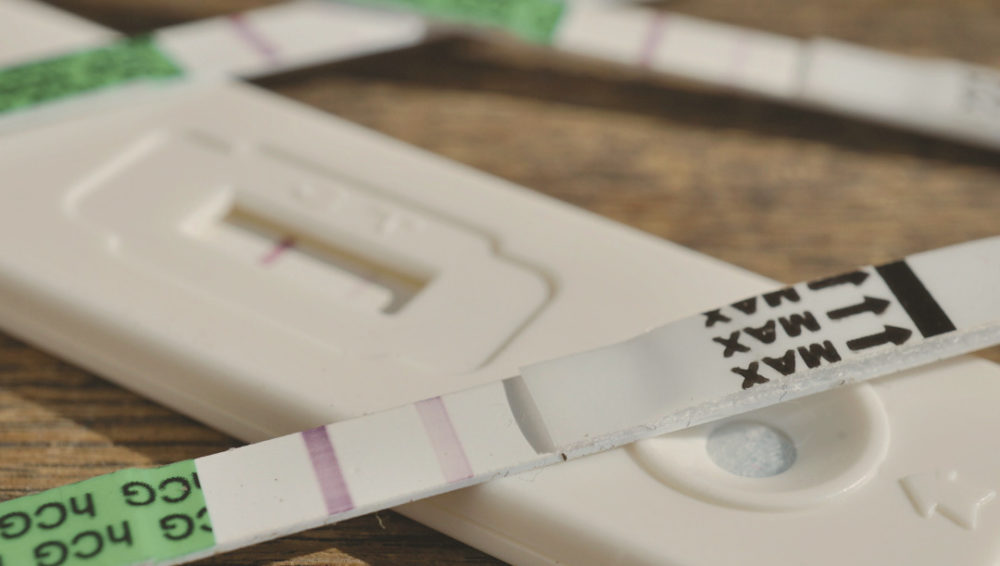Anovulation: From symptoms to treatment
Anovulation is a condition where ovulation does not occur. It is a common issue and a major cause of infertility in women.

Anovulation is a condition where ovulation does not occur. It is a common issue and a major cause of infertility in women.
What is anovulation?
Anovulation is a condition where the ovaries do not release an oocyte, or egg, during a menstrual cycle. This means ovulation does not occur. While it can sometimes happen naturally, regular anovulation often leads to infertility.
In an anovulatory cycle, the normal menstrual cycle sequence of events is disrupted. Ovulation doesn’t occur, which could be due to several reasons:
- The hormonal signals from the brain may not be sent correctly. This means that the ovaries don’t receive the signal to mature and release an egg. This could happen due to conditions such as Polycystic Ovary Syndrome (PCOS) or hypothalamic amenorrhea
- The brain sends the correct signals, but the ovaries might not respond correctly. This can be due to issues within the ovaries themselves, such as premature ovarian failure or ovarian resistance syndrome
When ovulation doesn’t occur, the endometrium doesn’t enter the luteal phase properly, which can lead to irregular menstrual cycles or the absence of periods. Also, without the release of an egg, pregnancy cannot occur.
While it’s quite normal to have an occasional anovulatory cycle, consistent anovulation can potentially lead to infertility.
How common is it?
In healthy women, an occasional anovulatory cycle is fairly common. Some studies suggest that anovulation may occur in up to 15% of women in their reproductive years, but this doesn’t necessarily indicate a fertility problem. On the other hand, chronic anovulation, where ovulation fails to occur consistently over several cycles, is a significant problem.
Causes of anovulation
Anovulation is usually caused by hormonal imbalances. Conditions like Polycystic Ovary Syndrome (PCOS), obesity, low body weight, and excessive exercise can disrupt your hormonal balance, leading to anovulation. Stress and certain medications can also contribute to the condition.
Risk factors for anovulation
Being overweight or underweight can increase your risk of anovulation. Conditions such as PCOS, thyroid disorders, or eating disorders like anorexia or bulimia can also increase the likelihood of anovulation. Age is another factor, as women near menopause often experience anovulatory cycles.
Symptoms of anovulation
The most common symptom of anovulation is irregular or absent periods. Other signs can include heavy or light menstrual bleeding, absence of premenstrual symptoms, or unexplained infertility.
Treatment of anovulation
Treatment of anovulation often involves addressing the underlying hormonal imbalance. Lifestyle changes like achieving a healthy weight and reducing stress can help restore ovulation. In some cases, medication or surgery may be required. Consult your doctor for the best treatment options for you.
Prevention of anovulation
Maintaining a healthy lifestyle is key to preventing anovulation. Regular exercise, balanced nutrition, and stress management can all help maintain hormonal balance and promote regular ovulation.
If you suspect you may be experiencing anovulation or have concerns about your menstrual cycle, it’s important to consult with a healthcare provider who can provide a comprehensive evaluation and guide you toward appropriate treatment options.
Verified:
Dr. Sirichet Anekpornwattana (Fertility doctor) (1 June 2023)



